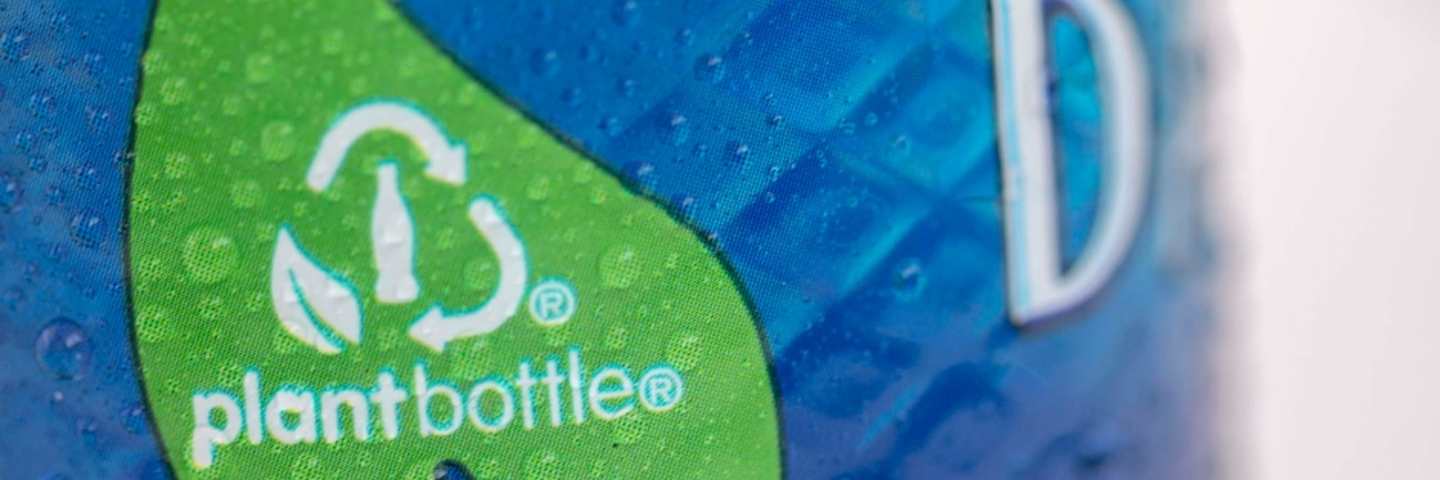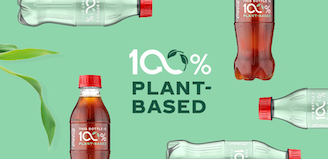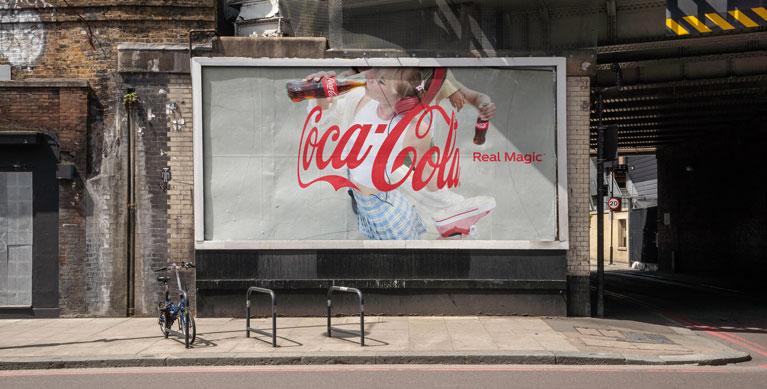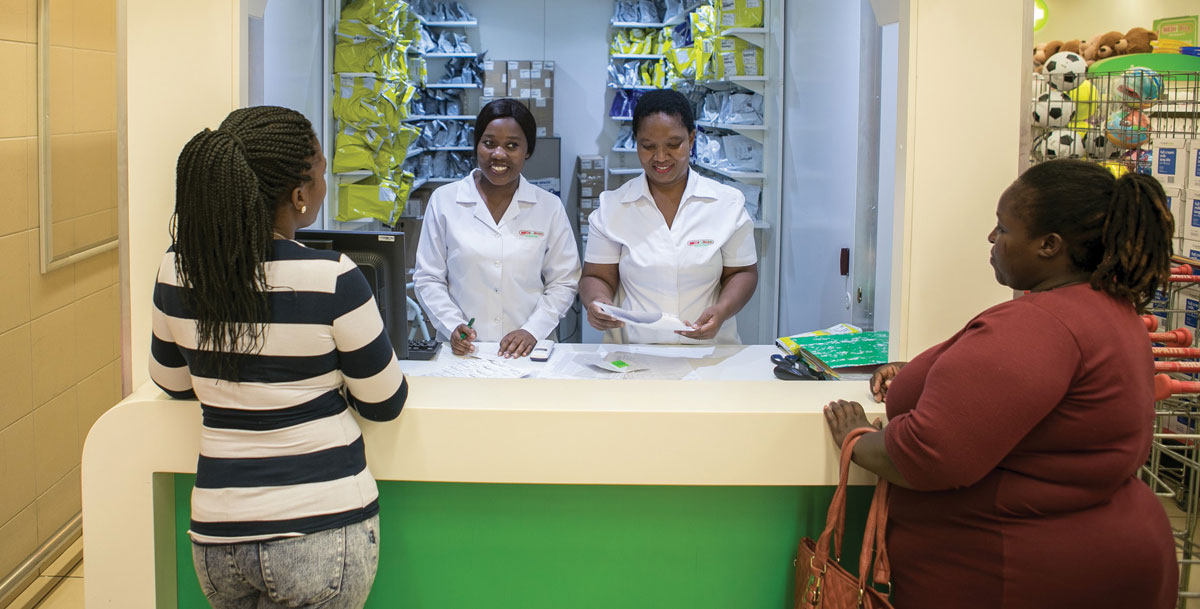
Coca‑Cola Expands Access to PlantBottle IP
Cooperation Over Competition
01-29-2019
Another Sustainable Innovation
The Coca‑Cola Company disrupted the sustainable packaging landscape in 2009 with the launch of PlantBottle™, the world’s first fully recyclable PET plastic bottle made partially from plants.
Beverage brands ranging from DASANI to Coca‑Cola to Gold Peak have found a home in PlantBottle packaging, which today accounts for 30% of the company’s packaging volume in North America and 7% globally. By replacing up to 30% of the petroleum used to make PET plastic bottles with material from sugar cane and other plant matter, PlantBottle has avoided the CO2 emissions equivalent of taking nearly 1 million vehicles off the road since 2009.
Since introducing PlantBottle, Coca‑Cola has allowed non-competitive companies to use the technology and brand in their products –from Heinz Tomato Ketchup, to the fabric interior in certain Ford Fusion hybrid sedans.
Planet Over Profit
"We can’t afford for anyone to hoard good ideas if they could help protect the planet.” - James Quincey
Earlier this year, in an online op-ed for The Washington Post, Coca‑Cola CEO James Quincey announced plans to open the company’s PlantBottle IP more broadly – including to competitors in the beverage industry.
“We need more companies using this technology across a wide range of applications to achieve the impact we know it can have,” Quincey wrote. “This isn’t just about PlantBottle. It’s about fundamentally shifting our mindset. We can’t afford for anyone to hoard good ideas if they could help protect the planet.”
Currently, only a limited number of suppliers produce the type of biomaterial used to make PlantBottle resin, which adds complexity and cost to the production process. By encouraging more use of bioPET by companies both inside and outside the beverage industry, Coke hopes to scale up demand and, in turn, drive down pricing.
Changing the Game
“Broadening access to our PlantBottleIP aligns with our ‘World Without Waste’ vision and goal of getting renewably sourced polymers into our closed loop,” said Scott Pearson, senior director of global R&D innovation at The Coca‑Cola Company. “It’s about driving a circular economy and using and reusing our resources more efficiently. Part of that, for plastics, means using renewable feedstock materials that are not based on fossil fuels.”
Coca‑Cola also is innovating the underlying bioplastics technologies to further increase the world’s supply of biomaterial that can be used in PET resin; investing in technology to use more recycled material in its packaging; and making its plastic packages lighter and easier to recycle. In addition, the company is distributing recycling bins, creating collection centers and promoting recycling in local communities around the world.


